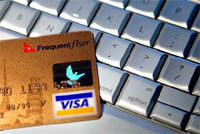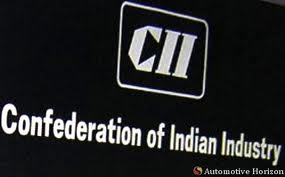Online trading and money transfer is a boon for merchants but they also fall prey to online fraud. There are people indulging in illegal marketing techniques such as phishing and hacking. Online fraud costs the merchants millions of dollars. It is very important to know how to protect yourself against scams.
Usually small merchants and businesses are most affected by the scams because they don’t have the technical knowhow or the financial resources to pursue these people. But they can join certain common forums where they can learn from other people’s experiences. Whenever you are taking an order keep in mind a few things. Investigate properly if it is an unusually large order.
Make a list of high risk countries such as Nigeria, Russia, Malaysia, Turkey etc and try to avoid any orders originating from there. Your customers should be able to pass the address verification process. Beware if your customer gives a nonexistent website address or a free email address. They may want their products shipped as soon as possible to a post box number or to a fake sounding address. Always check the address and phone number that has been given to you. In many cases you are given a false or a stolen credit card number. Call the bank that has issued the credit card to verify its authenticity.
Many frauds involve bogus credit card customers. Once you ship off the merchandise you realize that the credit card is fake and you lose all your money. You must keep in mind certain things when you are dealing with credit card customers. Check whether there is a single billing address using different credit cards. Are the different card numbers in a sequence? Does the customer require an express order? If so then call the customer to confirm the order. If you are a bit vigilant you can cut down on your losses.
A major indicator that something is amiss is when the shipping and the billing addresses are different. A customer will have to personally accept the order but a fraudulent customer will wish to remain anonymous. So they generally use a post office box number. Check your customer’s IP address to his billing address. An IP address tells you the exact location of the computer being used. If the IP address and the billing address are different then there is something wrong.
You can always request additional information. If the customer is genuine he should have no problem. To be on a safer side ask for some photo ID such as passport or social security number. It is very difficult to totally prevent online fraud. But if you are vigilant then you can surely avoid them to a greater degree. Forums and discussions also make you aware of the different kinds of scams that are going on.



